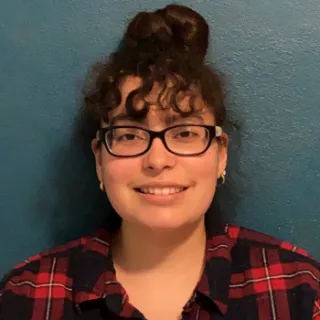Think “leadership” and you may envision people in positions of authority, often in a workforce or political setting. Admittedly, data in our Who Leads in MN? section uses this definition of leadership as people with institutional authority.
But in truth, leadership is found in everyday places and activities, regardless of positional authority. In this article, we’ll look at ways individuals can gain and demonstrate leadership skills and influence without formal education or training. These skills and influence can be brought to bear in formal settings – like the workplace or in political office – but they are also powerful on the ground, in communities, and in informal settings.
Leadership opportunities at all stages of life
Early in life, we practice the building blocks of leadership, such as relationship building, decision-making, critical thinking, negotiating, conflict management, innovation, and creativity.

For example, think of some of the ways you honed your leadership skills in school. These may include leading and presenting a project, joining a sports team or afterschool club, or becoming an intern or teacher’s assistant. As an adult, you take leadership initiative through activities like volunteer work, joining community committees, serving on boards or in elected positions, or mentoring youth in programs and activities such as the YMCA, Girl Scouts or Boy Scouts. Is there an issue or community that is near and dear to your heart? Advocating for groups and areas of interest is a great way to develop skills and exercise influence.

Through all these opportunities mentioned, interest and passion become a natural way and main driving force for gaining leadership skills.
These programs, activities, and involvement also offer an important social and personal connection in how individuals influence their environment and community, usually at low or no cost. In some cases, these informal leadership roles also lead to building networks and opening more doors for individual success and satisfaction. Within these roles, there are ways to make positive change big or small.
Some opportunities to hone your leadership skills
- Take an interest assessment through the Minnesota Office of Higher Education.
- Join an advocacy group related to an interest or passion, such as mental health, elections and voting, or LGBTQ+ equity.
- Join a local board or run for office. Organizations such as Run for Something and Ready to Run help train and provide resources for first-time candidates. The Minnesota Council of Nonprofits job board and Pollen opportunities board both have search filters for board positions.
- Become a mentor at your local schools, businesses, libraries, and community groups.
- Join your local parent teacher organization.
- Explore volunteer opportunities through resources such as the State of Minnesota, VolunteerMatch, HandsOn Twin Cities, or local community and service groups.
Ready for some more formal education or training? The Minnesota Compass leadership program directory is a great place to start. Search by area of focus, interest, or geographic location.
